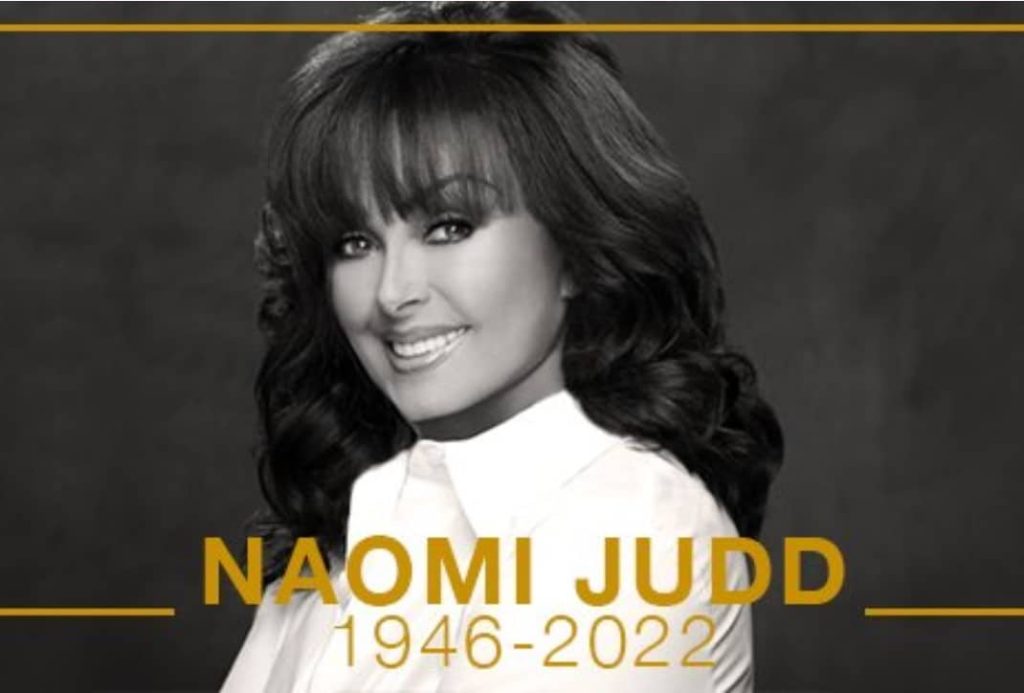Yet another celeb estate is making headlines. This past week, news outlets shared painful news: Naomi Judd left her famous daughters Ashley and Wynonna out of her will.
The problem is, nothing in the reporting suggests that’s the case.
Famous singer Naomi, who died by suicide in April, apparently did have an estate plan that included a will, which one or more reporters viewed.
Naomi’s Executor: Her Spouse
Reports that surfaced focused on just one portion of that will, the one that nominates the executor. They quoted: “I nominate and appoint my spouse, Larry Strickland, as executor of my estate. In the event my spouse ceases or fails to serve, then I nominate and appoint my brother-in-law, Reginald Strickland and Daniel Kris Wiart as co-executors.”
Naomi, 76, was married to Larry for 33 years. There is nothing at all unusual about naming a long-time spouse as executor. It’s the norm. It is somewhat unusual not to name adult children as alternates. But adult children who have busy jobs like actress and country music star aren’t the best candidates.
That’s because being executor doesn’t get you much, it’s just a job. The executor (called Personal Representative in Arizona) merely administers the estate. They gather, maintain, and account for assets; notify and pay creditors; sell property, if appropriate; and pay taxes. And then, after the executor completes those tasks, they distribute the assets to those named in the will. That does not necessarily include them. They may receive no money at all, except sometimes “reasonable compensation” for doing their job. (“Reasonable compensation” for the executor is in Naomi’s will.)
Other Provisions: Normal
Some reports highlighted another part of the will and suggested controversy. The executor has “full authority and discretion” to act without the approval of the court or any beneficiary. This, too, is completely normal and appropriate. It means the executor can carry out all of those tasks of administration efficiently, without having to ask for permission.
Another passage that articles touch on that the document says Naomi was of “sound mind, memory and understanding, and not under any restraint or in any respect incompetent to make a Last Will and Testament.” This, the stories suggest, is dubious because she struggled with mental health. That language typically appears where the witnesses sign, and if, on that day, the witnessed thought she had capacity, there’s no controversy here. Capacity for signing a will is simple. You only need to know 1) the “natural objects of your bounty” – for most people, family members, 2) that you have assets, and 3) that the will affects how your assets go (or do not go) to your people.
That suggests that reporters saw the entire document. But not one reporter who got their hands on the document related the important part: the “dispositive provisions.” That’s where the will directs who actually gets the estate’s assets.
Is There a Trust? Probably
Maybe it just seemed too boring. It may have said something like, “I give and devise the rest and remainder of the estate to the Naomi Judd Trust.” If so, she had what’s known as a “pour over” will. If a person properly sets up their trust, there’s typically no need for these wills. The trust does all the work. The will just catches assets left out. If a trustee discovers non-trust assets, the will acts to collect them and put them (or pour them) into the trust.
In fact, Us Weekly cites a source close to the family as saying both daughters are beneficiaries of Naomi’s Trust. In a typical trust estate plan, any assets governed by the will pay to the trust, and the trust includes all of the dispositive provisions. The insider added: Larry is also the “administrator and head of the Trust, so he really is in control of the whole estate.”
It seems unlikely that Wynonna is “upset,” as sources told RadarOnline.com. It’s possible that she wants to control the estate and trust, but it seems unlikely that the basis is as reported: Because she was part of the duo The Judds and “believes she was a major force behind her mother’s success.” That’s a reason to include them as beneficiary. Not a reason to name them as executor or trustee. Other sources say the reports are mistaken.
Lawsuit May Be the Purpose
Maybe reporters reading the will skipped over the dispositive provisions because they are not relevant. Maybe the will is not transferring assets but serves a different purpose: litigation. A dead person cannot bring a lawsuit. An estate needs to be created to represent their interest.
It seems that’s why Naomi’s pourover will surfaced. Her estate and family members filed a lawsuit asking to keep records related to her suicide confidential. The lawsuit asks to block the release of photographs and video officials took at the scene. A judge granted temporary relief and set another hearing for September 12.



